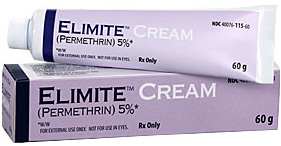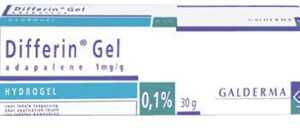Minomycin, also known as minocycline, is a prescription medication that belongs to the tetracycline class of antibiotics. It is commonly used to treat various bacterial infections, including respiratory tract infections, skin infections, urinary tract infections, and sexually transmitted infections such as gonorrhea and chlamydia. Minomycin works by inhibiting the growth of bacteria and preventing them from multiplying, thereby helping the body’s immune system fight off the infection.
Do’s and Don’ts
- Do not take Minomycin if you are allergic to minocycline or other tetracycline antibiotics.
- Avoid taking Minomycin if you are pregnant or breastfeeding, as it may harm the developing fetus or nursing baby.
- Inform your healthcare provider about any existing medical conditions, especially if you have kidney or liver disease, asthma, or an autoimmune disorder.
- Avoid using Minomycin if you are under the age of 8, as it may cause permanent discoloration of teeth.
- Avoid prolonged exposure to sunlight or tanning beds while taking Minomycin, as it may increase your sensitivity to UV rays.
Minomycin and Your Health
Like any medication, Minomycin may cause a range of side effects. Common side effects include nausea, vomiting, diarrhea, and dizziness. These symptoms are usually mild and go away on their own. However, if they persist or worsen, it is important to notify your healthcare provider. More serious side effects, although rare, may include severe allergic reactions, liver or kidney problems, and increased pressure in the skull. Seek immediate medical attention if you experience any of these symptoms.
Minomycin Dosing
Minomycin should be taken according to your healthcare provider’s instructions. The usual recommended dose for adults is 100 mg twice daily for the first day, followed by 100 mg once or twice daily as maintenance therapy. The duration of treatment may vary depending on the type and severity of the infection. It is important to complete the full course of treatment prescribed by your doctor, even if you start feeling better before the treatment is finished.
If you miss a dose, take it as soon as you remember. However, if it is almost time for your next dose, skip the missed dose and resume your regular dosing schedule. Do not double the dose to make up for a missed one.
In case of an overdose, seek immediate medical attention or call the Poison Helpline. Symptoms of an overdose may include severe nausea, vomiting, dizziness, and confusion.
How Other Drugs Affect Minomycin
Before taking any new medications, including over-the-counter drugs and herbal supplements, it is important to inform your healthcare provider about your use of Minomycin. Certain medications may interact with Minomycin and either increase or decrease its effectiveness or increase the risk of side effects.
Some drugs that may interact with Minomycin include antacids containing aluminum, calcium, or magnesium; blood thinners such as warfarin; oral contraceptives; and certain seizure medications. Your healthcare provider will be able to advise you on the appropriate precautions and adjustments to your medication regimen.
Ask and Answer
- Can I drink alcohol while taking Minomycin?
- Can Minomycin be used during pregnancy?
- Are there any specific dietary restrictions while taking Minomycin?
- Can Minomycin be used to treat viral infections?
- Is it safe to take Minomycin with other antibiotics?
It is generally recommended to avoid alcohol while taking Minomycin, as it may increase the risk of certain side effects such as dizziness and gastrointestinal upset.
No, Minomycin should not be used during pregnancy as it may harm the developing fetus. If you are pregnant or planning to become pregnant, consult your healthcare provider for alternative treatment options.
There are no specific dietary restrictions associated with Minomycin. However, it is generally recommended to take the medication with a full glass of water to prevent irritation of the esophagus.
No, Minomycin is only effective against bacterial infections. It will not be effective in treating viral infections such as the common cold or flu.
It is important to consult your healthcare provider before combining Minomycin with other antibiotics, as they may interact or have overlapping side effects. Your doctor will be able to determine the appropriate treatment regimen for your specific condition.






Reviews
There are no reviews yet.